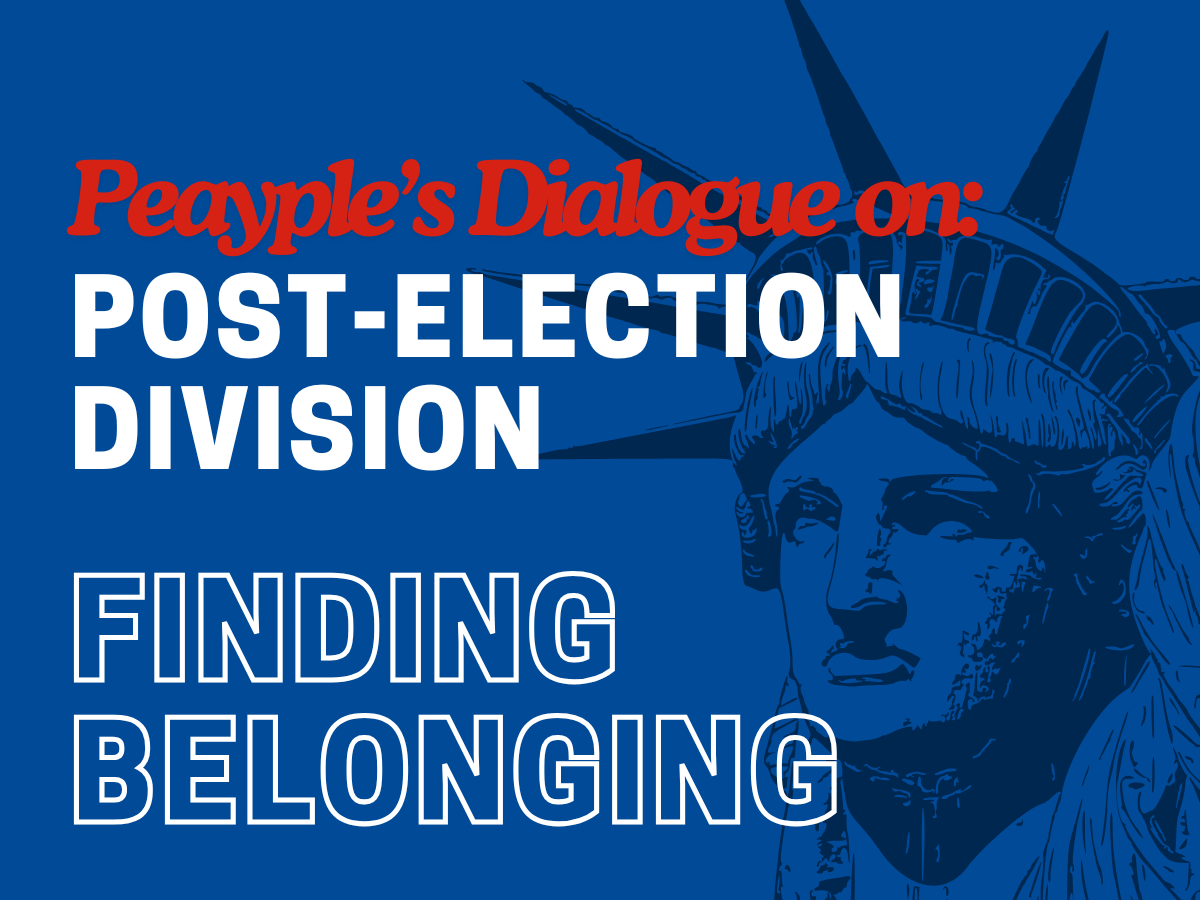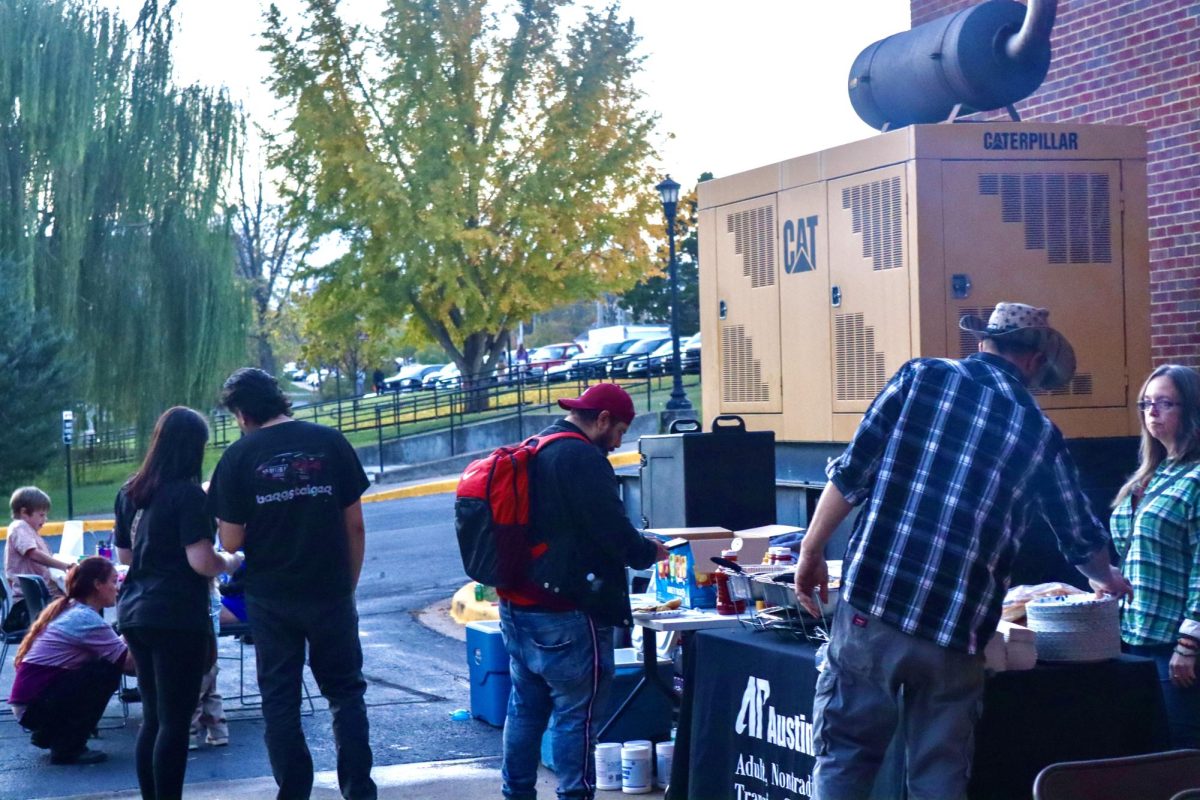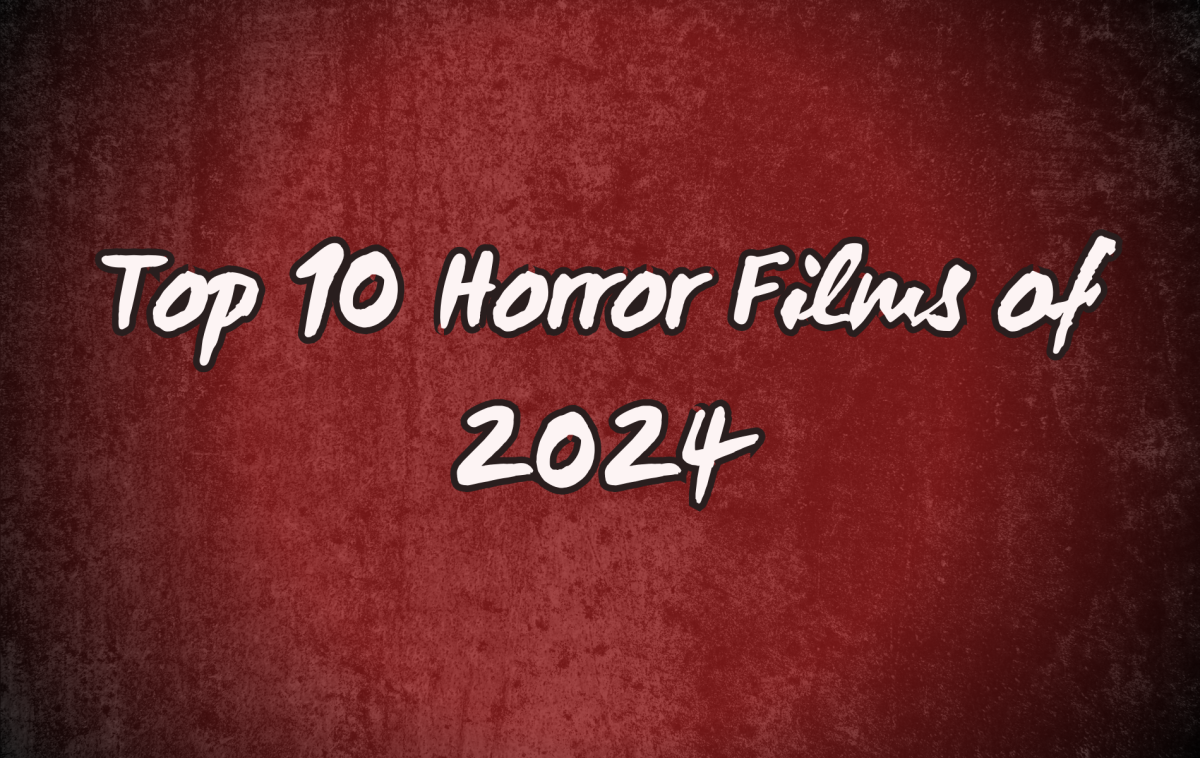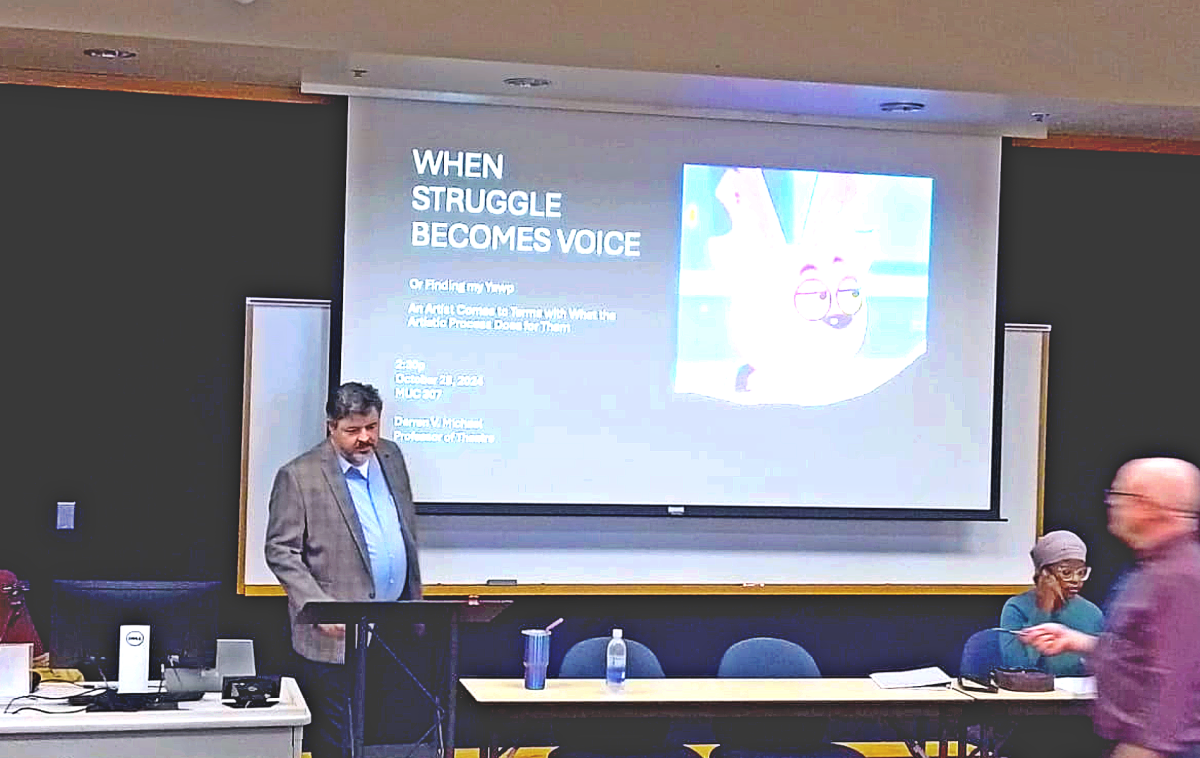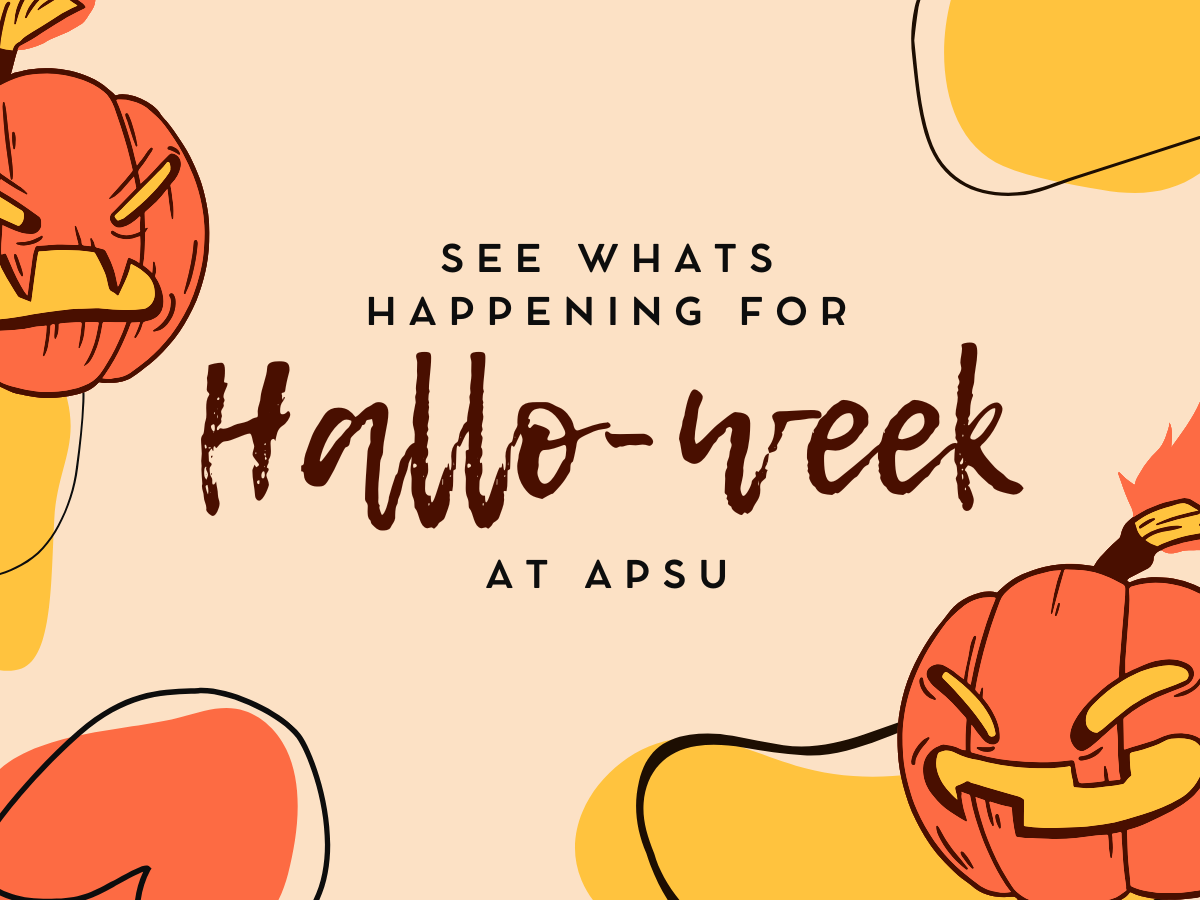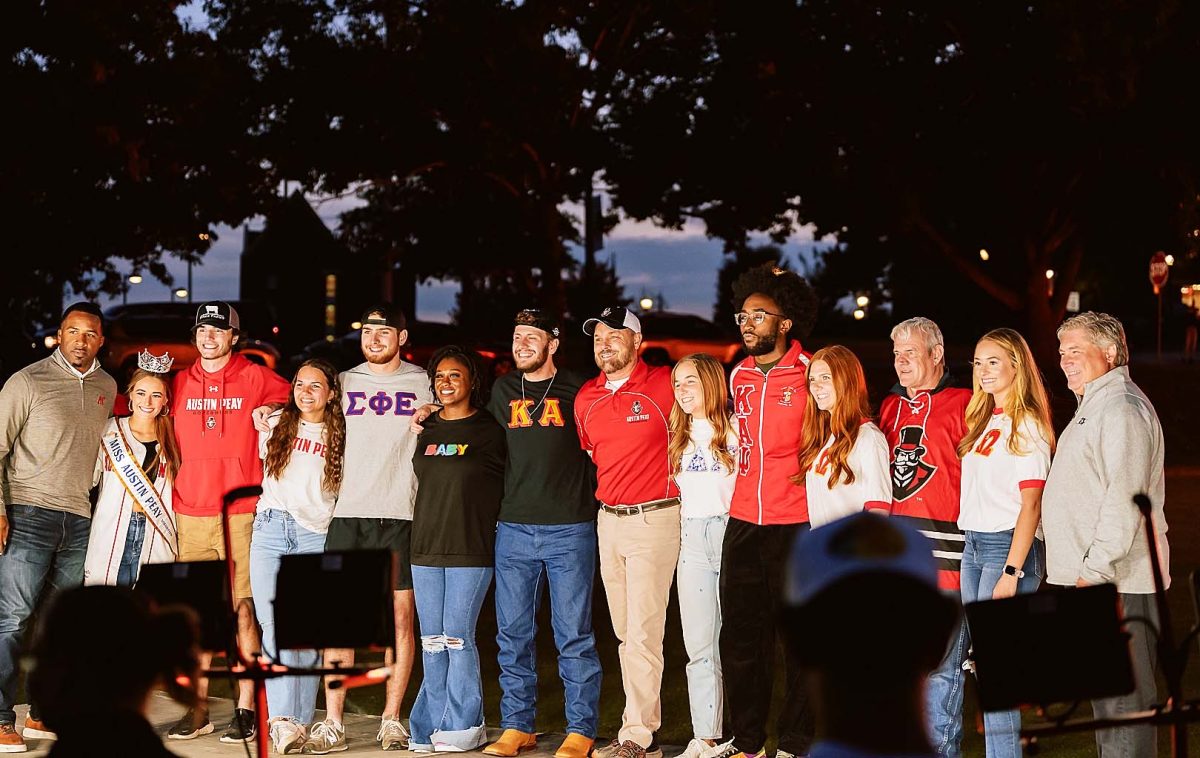Many students spend the entirety of their break from school in their hometowns with their family, recharging for the next semester. Some, however, choose to volunteer during parts of their break.
These students do so through the Center for Service-Learning and Community Engagement’s Alternative Break Trips. Over winter break, students traveled to Houston, Texas, and New Orleans, Louisiana, to assist with disaster relief.
Francisco Velasco, a senior accounting major, attended the New Orleans trip over winter break.
“While in New Orleans we spent the whole week volunteering with the Audubon Nature Institute. Monday, Tuesday and Friday were spent at Audubon Zoo helping with projects such as maintenance of Sun bears, rhinos, zebras, otters and other animals’ enclosures,” Velasco said.
“Wednesday and Thursday were spent at the Audubon Nature Center. Here, we help plant trees in areas that had been affected by Hurricane Katrina and have been struggling to heal, mainly due to the fact that the nature center is understaffed. We were able to plant 204 trees, mulched damaged trails and planted trees.”

The New Orleans trip was impactful for volunteers and those receiving assistance. “During the trip, we also walked around the historic 9th ward of New Orleans. During our walk, it was shocking to walk through one of the affected, if not the most affected [areas]. I’ve seen videos of people standing on the roofs of their homes surrounded by water. Standing at a place that was heavily damaged by natural disasters leaves you speechless a lot of times,” Velasco said.
When traveling to a new place, meeting new and interesting people is a given. Velasco recalls meeting Jamie, a volunteer coordinator who worked for the zoo. “She was also one of the persons that helped shelter and prepare the animals for hurricane Katrina. She helped make sure that the zoo and the animals were safe after the hurricane had passed and safe for people to come into the properties,” Velasco said.
The 2019 trip was Velasco’s first alternative break trip. Velasco will graduate soon, but he’s not stopping there. “After college, I’m aiming for a master’s degree in Accounting so that I may be eligible to take the CPA Exam and hopefully to become a CPA and work as one someday.”
In June 2019, students will go on an Alternative Break Trip to Puerto Rico. This will be the second trip that APSU students have taken to the island.
Emily Seeney, the CSLCE Coordinator said, “We are pretty sure we were the first public university in TN to take students [to Puerto Rico].”
Seeney recalls assisting on a local farm that Hurricane Maria washed away, called Adicto a la Tierra, during the 2018 trip to Puerto Rico. “Puerto Rico has very mountainous areas, and farms just go right in the side of them, so when hurricanes hit it all washes down the mountain. We planted and cleared out land that had regrown grass.”

“We were there in July, the hurricane hit the previous September, so even 10 months late, the farmer we were helping had just regained power the previous month,” Seeney said. “and the government had finally come to plow his land two weeks prior to our arrival. So, it was still in such a rough state.”
During the 2018 Puerto Rico trip, the volunteers also worked with a nature conservancy called Para La Naturaleza, to plant native trees more likely to withstand hurricanes.
The 2019 Puerto Rico trip will still focus on hurricane relief, but every trip is different. “We stayed in El Yunque National Forest, which was so rough, so we are partnering with them this year. It will probably be a lot of clearing land,” Seeney said.
Student leaders decide locations for alternative break trips. The ideal location for a trip should be in great need of assistance, and ideally be a fun place to visit.

The locations chosen lately are those affected by recent hurricanes. Also, student leaders may pick an organization to work with during trips. The Houston winter break trip volunteers worked with SPB, a disaster relief nonprofit that was founded in 2006.
Students going on this trip not only gave their time to a good cause, but they also gained interesting stories and a more rounded perspective.
“Because I have never been in an area affected by natural disasters, I learned the long-lasting effects a natural disaster, such as a hurricane, can have. I think it’s important to remember to stop thinking about ourselves for one at least one minute and to think and help others in need,” Velasco said.


